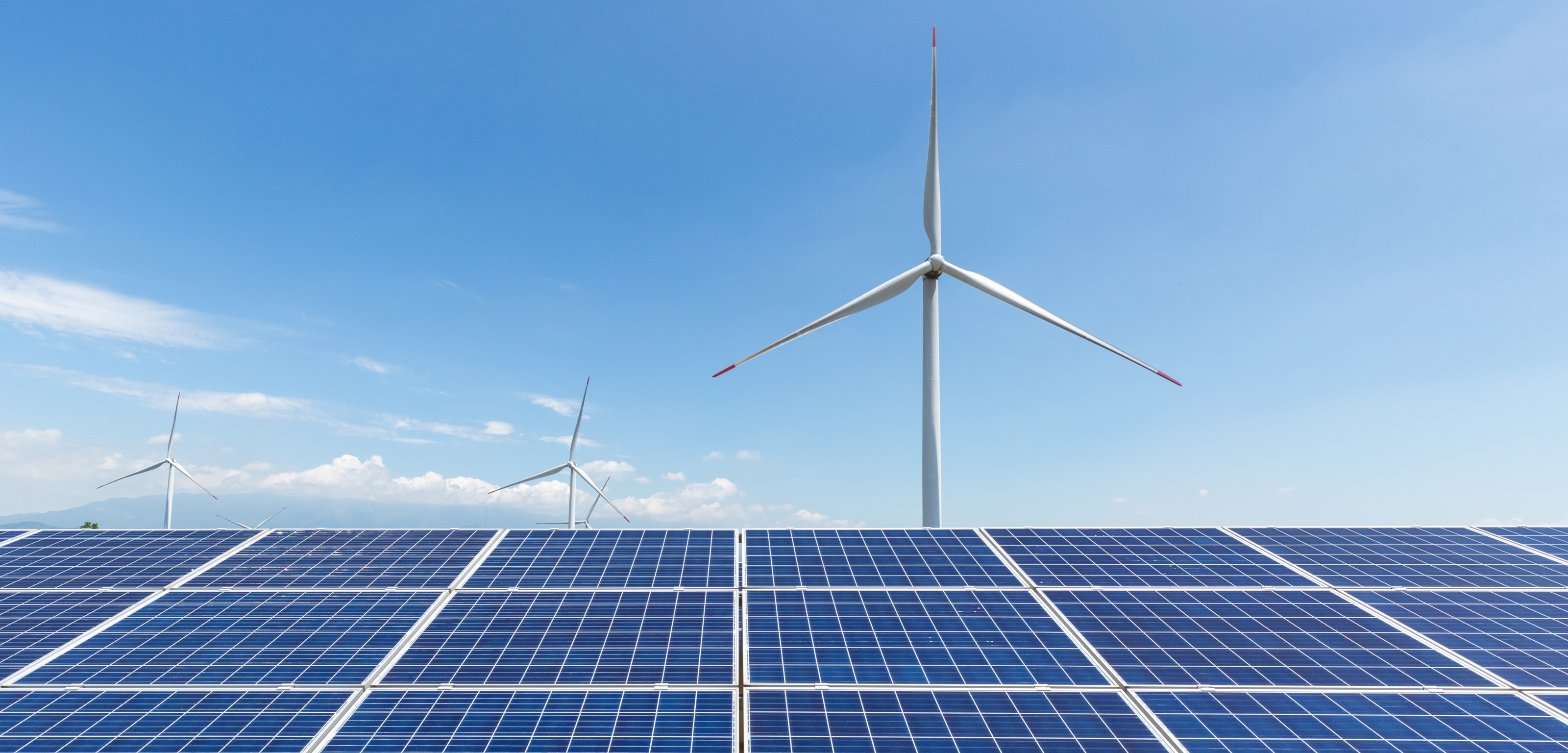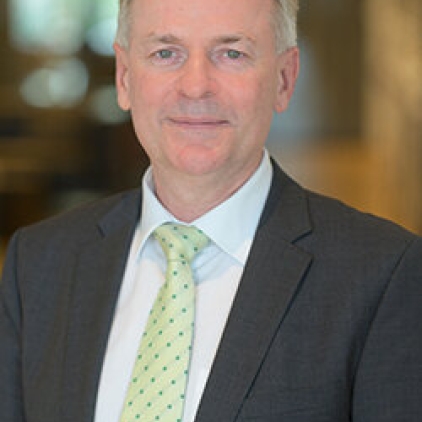The GN-SEC accelerates the energy and climate transition “from the regions, for the regions.” Through the GN-SEC, UNIDO supports regional economic communities (RECs), and in particular, LDCs, LLDCs and SIDS, in shaping climate and technology transfer processes through establishing sustainable energy centers, serving as institutional facilitators. Covering 120 countries, including 40 least developed countries (LDCs) and 35 small island developing states (SIDS), the network includes centers in Africa, the Arab region, Asia-Pacific, and Latin America and the Caribbean. The regional sustainable energy centers aim to accelerate energy and climate transformation by creating economies of scales, equal progress and spillover effects between countries.
Overview
Approach
Since 2010, UNIDO has been supporting the establishment of regional sustainable energy centers
The centers employ cross-border approaches, including harmonizing policies and regulations, capacity development, knowledge and data management, awareness campaigns, and fostering investment, innovation, and entrepreneurship in sustainable energy.
GN-SEC operates through a South-South and Triangular Cooperation (SSTIC) model to ensure regional ownership and alignment with local needs and priorities. The centers are key hubs for numerous domestic and international partnerships, receiving both technical and financial support from a wide range of bilateral and multilateral organizations. These include:
- the European Union (EU)
- Swedish International Development Cooperation Agency (SIDA)
- German Agency for International Cooperation (GIZ)
- German Federal Ministry for Economic Cooperation and Development (BMZ)
- Norwegian Agency for Development Cooperation (NORAD)
- Spanish Agency for International Development Cooperation (AECID)
- New Zealand Aid Programme (NZ Aid)
- United States Agency for International Development (USAID)
- United Nations Environment Programme (UNEP)
- United Nations Development Programme (UNDP)
- African Development Bank (AfDB)
- World Bank
This support helps the centers to effectively carry out their projects and advance sustainable energy and climate initiatives.
Since 2010, UNIDO has supported the creation of regional sustainable energy centers across the Global South to accelerate the transition to renewable energy and improve energy efficiency. These ten centers cover 120 countries, including 40 Least Developed Countries (LDCs) and 35 Small Island Developing States (SIDS), providing technical support to governments and influencing over 2.2 billion energy consumers. The centers promote regional policies, cooperation, and sustainable energy solutions.
- Caribbean Centre for Renewable Energy and Energy Efficiency (CCREEE) – Barbados (https://www.ccreee.org/)
- Pacific Centre for Renewable Energy and Energy Efficiency (PCREEE) – Tonga (https://www.pcreee.org/)
- SICA Centre for Renewable Energy and Energy Efficiency (SICREEE) – El Salvador (https://www.sicreee.org/)
- ECOWAS Centre for Renewable Energy and Energy Efficiency (ECREEE) – Cape Verde (https://www.ecreee.org/)
- Regional Centre for Renewable Energy and Energy Efficiency (RCREEE) – Arab States (https://rcreee.org/)
- SADC Centre for Renewable Energy and Energy Efficiency (SACREEE) – Namibia (https://www.sacreee.org/)
- East African Centre for Renewable Energy and Energy Efficiency (EACREEE) – Uganda (https://www.eacreee.org/)
- Centre for Renewable Energy and Energy Efficiency for Central Africa (CEREEAC) – Angola (https://www.cereeac.org/)
- Renewable Energy and Energy Efficiency Capacity for the Hindu-Kush Himalaya (REEECH) – Nepal (https://www.icimod.org/initiative/reeech/)
- ECO Clean Energy Centre (CECECO) – Azerbaijan (under creation) (https://www.gn-sec.net/content/clean-energy-centre-eco-region-cececo)
Through the GN-SEC platform, we are now advancing South-South and Triangular Cooperation (SSTIC) projects that address common interests. These projects are designed to be implemented simultaneously in multiple regions, leveraging the platform’s collaborative network to ensure broad and effective impact. There is a lot to learn from each other and various country groups, such as SIDS or LDCs in Africa, share common challenges and solutions.
Impact
The GN-SEC has established centers across Africa, the Caribbean, the Pacific, and other
regions, training and supporting implementation in over one hundred countries.
Key Indicators
SDGs:
UNIDO Priorities:
Thematic Area(s):
"GN-SEC serves as a cornerstone in accelerating the SST cooperation approach to fast-tracking the implementation of SDG 7 on sustainable energy, especially in the Global South. ADA has been proud to be part of its journey since 2010 which is aimed at increasing access to affordable energy and reliable energy for all"

Technology Used
The GN-SEC leverages renewable energy technologies, energy efficiency innovations, and digital platforms for capacity building, policy development, and project management, promoting low-carbon transitions and regional energy integration.

Catalytic Outlook
The GN-SEC catalyzes regional capacity building, policy harmonization, and investment in sustainable energy, leading to increased energy access, reduced carbon emissions, and economic growth, while fostering global cooperation and sustainable development.

Unique Solution Characteristics
Regional sustainable energy focus with global coordination mechanism
South-South and Triangular Cooperation (SSTIC)
Energy solutions tailored to specific regional challenges
Local and regional capacity building
Catalyzing investment and private sector involvement
Cross-sector and multi-stakeholder collaboration
Regional ownership and long-term sustainability
- Austrian Development Agency
- Austrian Development Cooperation
- Federal Ministry Republic of Austria
Regional energy integration and collaboration
Regional accelerators for the energy and climate transition
Setting frameworks for more than a billion energy consumers in developing countries
Policy and regulatory support conducive to sustainable energy development
Skills and knowledge development
Training and education
Acceleration of the adoption of renewable energy technologies


